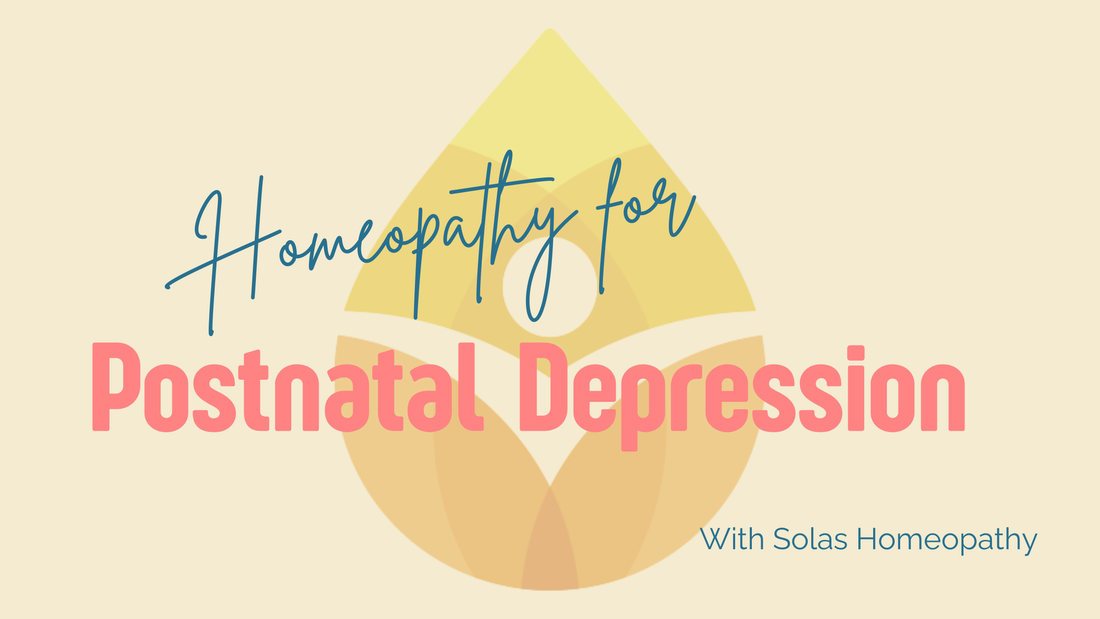|
For 9 months you waited, maybe patiently, maybe anxiously, for your little bundle. Your birth plan (hopefully) went to plan and now you are home and cosy with your little one. Sounds idyllic, doesn’t it? And in most cases, it is. Except when it’s not. Postnatal depression is one of the remaining taboos in society. The pressure to appear perfect and put together, even shortly after birth, is ever-present and can cause some women to delay asking for help when they need it most.
It most often comes on within a year of birth. It can also affect fathers; however, this is less common. We don’t know exactly what the cause is, however there are some factors which contribute to it’s development.
This list is by no means exhaustive but simply highlights some of the more common causes. Some of the signs to be aware of if you feel that you or someone you care about is suffering from PND are:
These feelings do not mean that you are a bad parent. It can feel daunting to ask for help, but once you make that first step you will find that you are not alone. There is an abundance of help available from your family, friends, medical professionals and, of course, your homeopath. There are different approaches to treating PND. Your GP may recommend counseling, CBT or in some cases will offer to prescribe anti-depressants. You can also employ different methods of helping your symptoms.
When treating someone with postnatal depression it’s important to make sure that their treatment is gentle and most importantly, that it is the correct combination of remedy, potency and frequency. Given the nature of the condition, it is advisable to seek help from a qualified homeopath rather than to self-prescribe. Keep in regular contact with your homeopath so that he or she can monitor our progress and make any necessary changes to your prescription. Homeopathy is a wonderful tool that we have at our disposal to help us to return to our true selves when we have been nudged off course. You can book an appointment here if you would like homeopathic help to get back on track. Take care Carmel x
0 Comments
Leave a Reply. |
AuthorWrite something about yourself. No need to be fancy, just an overview. Archives
June 2024
Categories |


 RSS Feed
RSS Feed